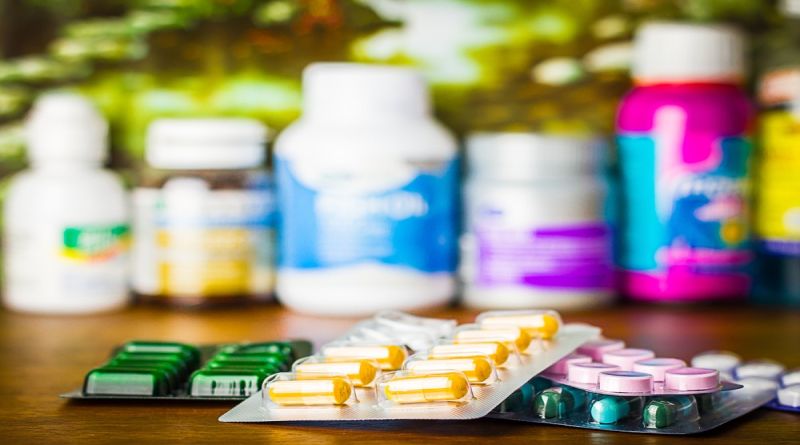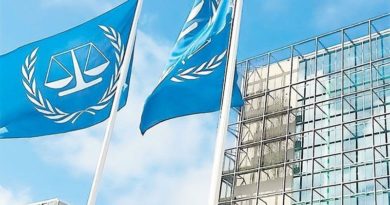Indonesia to tackle unhealthy practices in health sector
In a bid to eradicate unfair business practices in the health sector, which drives up health costs, and to provide affordable quality healthcare services, the Health Ministry has joined hands with the Business Competition Supervisory Commission (KPPU).
One of the challenges faced by the country’s health sector concerns the pharmaceutical industry, the ministry’s director general for pharmaceutical and health equipment, Maura Linda Sitanggang, said.
A report submitted by Indonesia to the Organisation for Economic Co-operation and Development (OECD) in 2014 stated that the basic problem in the country’s pharmaceutical sector is the relationship between doctors and companies, as doctors for commission frequently acted as agents for companies.
The report said these doctors would allegedly receive bonuses from prescribing specific drugs from certain companies.
Many believe the practices have prevented patients from receiving options in the medicines they should be prescribed.
The KPPU found in its internal study that doctors who allegedly acted as agents for pharmaceutical companies would allegedly receive as much as 30 percent of the marketing fee.
This, coupled with the fact that the country still imports 90 percent of its raw materials for the industry, have made some drug prices exorbitantly high, especially when it comes to high-quality medicines.
On Friday, the ministry signed a memorandum of understanding (MoU) where the KPPU aimed to monitor the health industry more closely, especially on health services and drugs. The MoU will specifically monitor for the adherence of a 2015 ministry regulation that stipulates patients must receive information on the options they have on medicines with the same content, but may vary in price.
“We will actively monitor [the implementation of the regulation] with pharmacist associations,” KPPU chairman Muhammad Syarkawi Rauf said.
In Indonesia, prescribed drugs can be divided into three groups, namely patent, off-patent (branded generic), and generic. Off-patent drugs are patented drugs repackaged with a new brand. The price is lower compared to patented ones but are still much more expensive than generic substitutes.
“The problematic one are the prices of off-patent drugs, which are very expensive. If they’re offpatent, it means that there are generic drugs [that can be substituted],” Linda said.
The report also showed an example on how patients could pay much higher prices for drugs prescribed by their doctors. For typical illnesses like the common cold, doctors were found to have prescribed off-patent drugs and vitamins, with a combined cost that could stand at Rp 265,400 (US$20).
But there are currently two alternative medications for the cold, both of which are much cheaper. The first alternative would cost only Rp 131,800, while the cheapest alternative costs Rp 19,350. Both drugs have the same basic content, thus are equivalent with the off-patent variant.
Linda said since the ministry’s regulation came into effect in 2016 less complaints had been received by the ministry, however, it would strengthen monitoring to ensure patients had more options.
Furthermore, with help from the KPPU, Linda said the ministry expected the implementation of the regulation to become more effective in the future.
In the long run, the ministry is hoping the country’s pharmaceutical industry will take off so that it can produce cheaper alterna- tives to off-patent drugs.
However, it might take at least a decade before the sector can produce as now the country still lags behind in supporting research and innovation, which makes up the industry’s core.
“We have a 15-year roadmap, which in the end aims to transform our pharmaceutical industry into an innovative industry. The first five years will focus on cooperation and transfer of technology. The second five years will focus on acquiring the technology. And the last five years is when we start creating [our own] new products,” she added.









